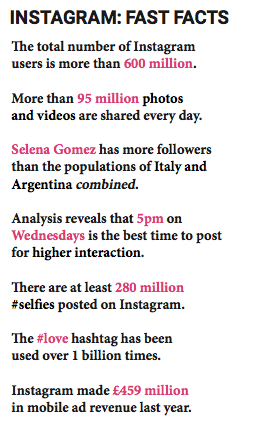Research suggests the way we use social media can predict the decline of wellbeing in young people

Instagram can be used to diagnose depression more accurately than doctors, according to researchers from the University of Vermont and Harvard University.
In a paper published this month in EPJ Data Science, Dr Christopher Danforth and Dr Andrew Reece discovered that an algorithm used to flag key signs in participants’ Instagram posts could diagnose depression 28% more effectively than doctors.
The study looked at nearly 44,000 photos posted by 166 participants, 71 of whom had been diagnosed with clinical depression.
Researchers found that while depressed participants posted more images with faces in them, healthy individuals’ photographs tended to have more people in them. Depressed individuals were also less likely to use filters on their posts.
The algorithm used by scientists accurately identified depression 70% of the time, compared to just 42% by US doctors. This isn’t the first time that research suggests social media can be used as a predictor for mental health.
A 2013 study by Microsoft Research analysed how Twitter could be used to measure and predict major depression. Another study by researchers at the University of Michigan and University of Leuven found that Facebook usage could be used to predict a decline in wellbeing in young adults.

The study authors have said that they have not created a diagnostic tool, but a “proof-of-concept for a new way to help people”. In a recent blog post, Dr Reece said: “These and other recent findings indicate that social media data may be a valuable resource for developing efficient, low-cost, and accurate predictive mental health screening methods.”
Fellow researcher Dr Danforth spoke of the potential applications for such research. “Imagine an app you can install on your phone that pings your doctor for a check-up when your behaviour changes for the worse, potentially before you even realise there is a problem.”
Happiful magazine will revisit the connection between mental health and social media in greater detail in 2018.


Comments